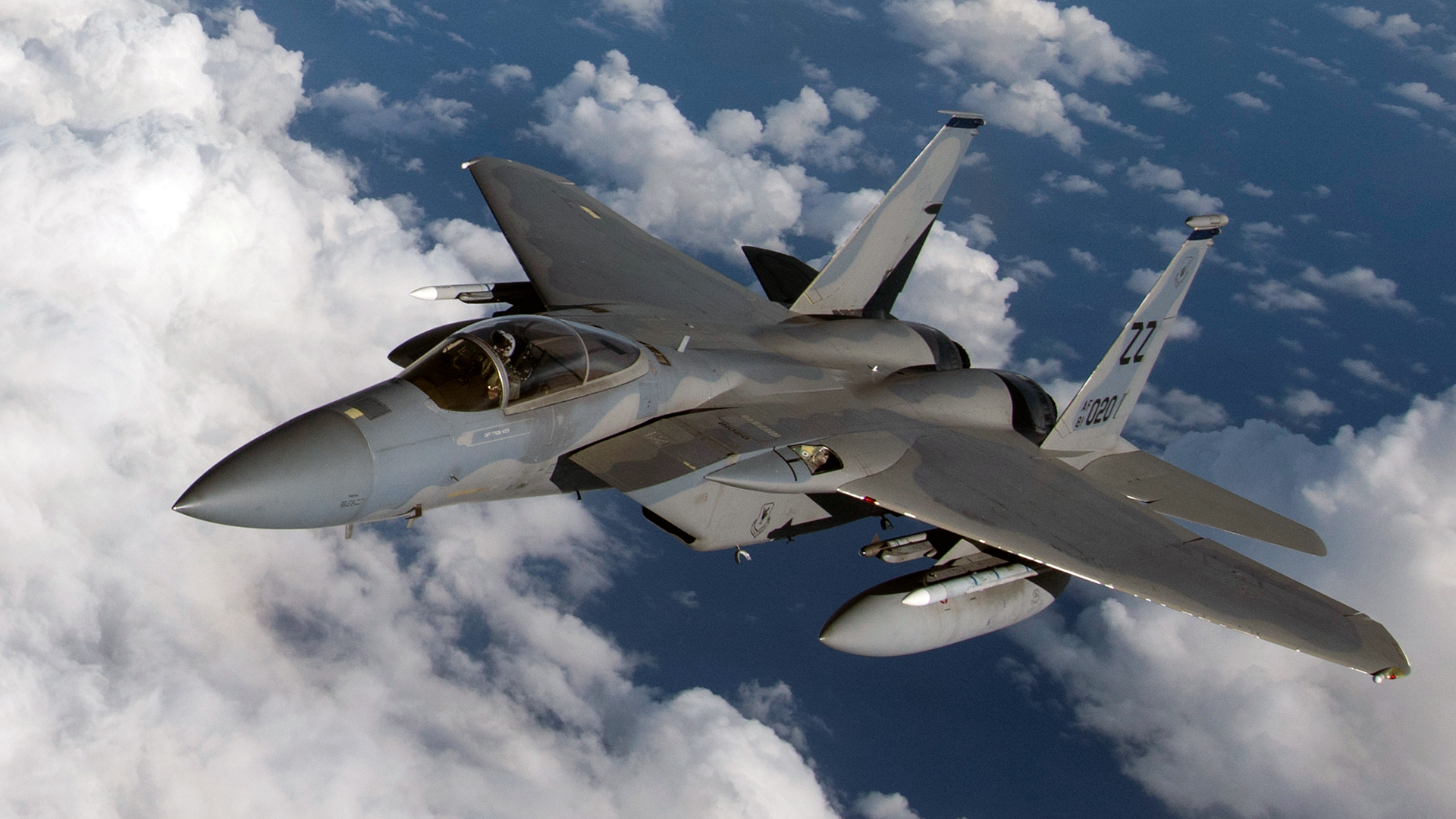SOURCE: AFI


The advanced capabilities of American fighter jets such as the F-35, F-16, and F/A-18 Super Hornet make them attractive options for air forces around the world. However, the persistent rumors and concerns about the inclusion of a “kill switch” or backdoor in these jets raise critical questions about sovereignty and operational independence. For India, which values its strategic autonomy, these concerns should be carefully considered when evaluating U.S. fighters for the Indian Air Force (IAF) and Navy.
A “kill switch” refers to a feature or backdoor mechanism, often software-based, that allows the manufacturer or supplying nation to disable or degrade the performance of a weapon system remotely. While officially unacknowledged by the U.S., multiple incidents and the increasing complexity of software-reliant defense platforms have fueled speculation about its existence in American-made military equipment.
For countries procuring American fighter jets, the potential presence of a kill switch raises several concerns. If the U.S. retains the ability to disable or limit the performance of its fighter jets remotely, the procuring nation’s operational autonomy is compromised. U.S. military hardware could be rendered inoperable in case of geopolitical disagreements or sanctions, as seen in cases involving Turkey’s S-400 acquisition or Pakistan’s limited access to F-16 upgrades. Modern fighter jets rely heavily on software for avionics, communication, and navigation. Backdoors, intentional or unintentional, increase the risk of cyber exploitation.
After the Kargil War in 1999 and later geopolitical shifts, the U.S. imposed restrictions on Pakistan’s use of F-16s. It has been reported that Pakistan could not fully utilize these jets without U.S. approval, sparking speculation about American control mechanisms.
Turkey was expelled from the F-35 program after acquiring the Russian S-400 air defense system. This incident underscores how the U.S. can leverage its military platforms to enforce compliance with its foreign policy.
Procuring U.S. fighters like the F-35 or F-15 could make India vulnerable to external control, particularly in times of geopolitical tension or conflict. India’s defense philosophy emphasizes self-reliance and operational independence. A kill switch would undermine this principle and expose India to potential leverage by the U.S.
The integration of U.S.-made jets into India’s defence infrastructure would necessitate stringent cybersecurity measures to detect and mitigate any backdoor vulnerabilities. To mitigate the risks associated with foreign platforms, India should Programs like the Tejas Mk2, AMCA, and TEDBF should be fast-tracked to reduce reliance on foreign platforms.
While U.S. fighter jets boast unmatched technological prowess, the potential inclusion of a kill switch is a critical concern that cannot be overlooked. For India, which values its strategic autonomy, this underscores the importance of investing in indigenous platforms and negotiating strict operational guarantees when procuring foreign military equipment.